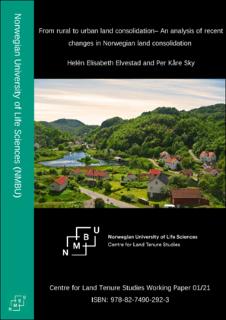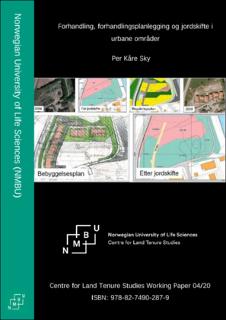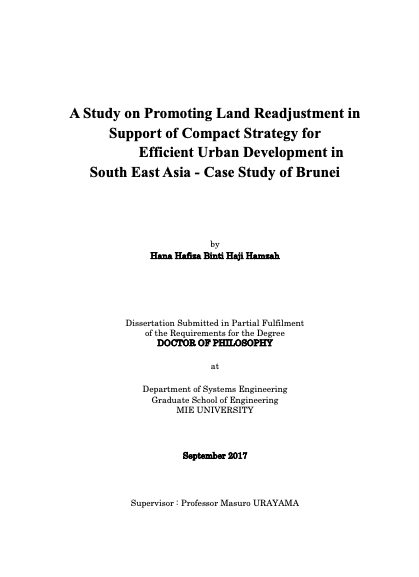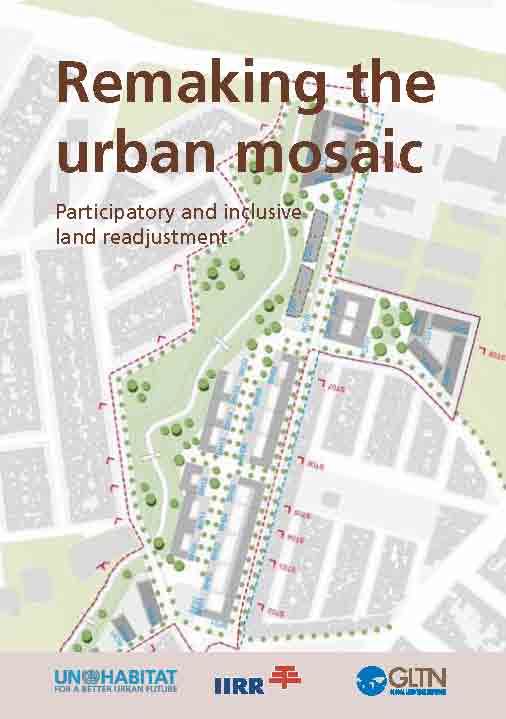Integrated First-time Land Registration and Land Consolidation Process
This paper explores the potential for conducting initial land registration and land consolidation processes as a unified process. In many low-income countries, a significant amount of land remains unregistered, with agricultural land often fragmented across multiple plots. Traditionally, systematic land registration must be completed before proceeding with land consolidation efforts.











